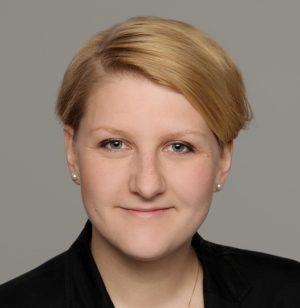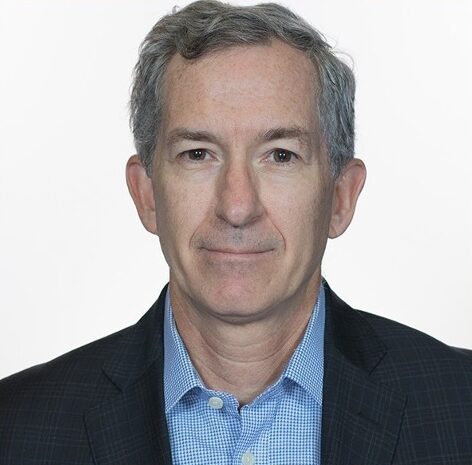
NATO via Flickr
Perspectives on German and U.S. Relations with Russia
Panelists:
Liana Fix, Fellow for Europe, Council on Foreign Relations; Adjunct Professor, Georgetown University
Alexander Gabuev, Director of the Russia Eurasia Center, Carnegie Endowment for International Peace
Eric Green, Senior Advisor, WestExec Advisors; Non-Resident Scholar, Carnegie Endowment for International Peace
Moderator:
Jeff Rathke, President, AGI
The American-German Institute’s webinar on “Perspectives on German and U.S. Relations with Russia” will address the growing complexity of relations between the two most influential Western allies and Russia in light of Putin’s war of aggression against Ukraine. American, German, and regional experts will discuss the implications of a new era of confrontation.
Regardless of the outcome of Russia’s war on Ukraine, the political, military, and geostrategic relationship between Russia and the West will be adversarial for the foreseeable future, with new security risks, including ongoing Russian nuclear threats. The Russian threat to the European security and political order also raises the risk of diverging U.S., German, and European approaches, especially in view of the elections this year in the United States and Europe, and next year in Germany.
Germany, the United States, and their allies have a shared vital interest in preserving European security. Confrontation with Russia will put to the test the West’s ability to play to their collective advantages, to adapt their policies for maximum effectiveness, and to sustain them for the long haul. This discussion will address the durability of Western solidarity and the challenges of managing potential policy differences for one of the most crucial challenges confronting the transatlantic community.
Dr. Liana Fix
Liana Fix is a fellow for Europe at the Council on Foreign Relations (CFR). She is a historian and political scientist, with expertise in German and European foreign and security policy, European security, transatlantic relations, Russia, Eastern Europe, and European China policy. Dr. Fix is also the author of A New German Power? Germany’s Role in European Russia Policy (Palgrave Macmillan, 2021). She is an adjunct faculty member at Georgetown University in the Center for German and European Studies and the Center for Eurasian, Russian, and East European Studies.
Mr. Alexander Gabuev
Alexander Gabuev is director of the Carnegie Russia Eurasia Center where he leads a renowned team of analysts who were formerly part of the Carnegie Moscow Center, which was forced to close by the Kremlin in early 2022 in response to the Russian invasion of Ukraine. Gabuev’s own research is focused on Russian foreign policy with particular focus on the impact of the war in Ukraine and the Sino-Russia relationship. Since joining Carnegie in 2015, Gabuev has contributed commentary and analysis to a wide range of publications, including the Financial Times, the Wall Street Journal, and the Economist. Gabuev began his career as a journalist. He was a member of the editorial board of Kommersant and served as deputy editor in chief of Kommersant-Vlast, which at the time was one of Russia’s most influential newsweeklies. Gabuev started his career at Kommersant in 2007 working as a senior diplomatic reporter, as a member of the Kremlin press corps, and as deputy foreign editor for Kommersant.
Mr. Eric Green
Eric Green is a non-resident scholar at the Carnegie Endowment for International Peace and an independent consultant. He serves on the Board of Trustees of the Eurasia Foundation. In 2023, Mr. Green completed a 32-year career in the U.S. Foreign Service, in which he achieved the rank of Minister-Counselor. From 2021-23 he served as Special Assistant to the President and Senior Director for Russia and Central Asia in the National Security Council, where he helped design and execute U.S. policy before and during the war in Ukraine. While in the Foreign Service, Mr. Green held leadership positions in overseas assignments in Russia, Poland, Iceland, and Turkey as well as in Washington. He worked for five years helping to devise and implement U.S. strategy on the Northern Ireland Peace Process, both in Belfast and Washington.






